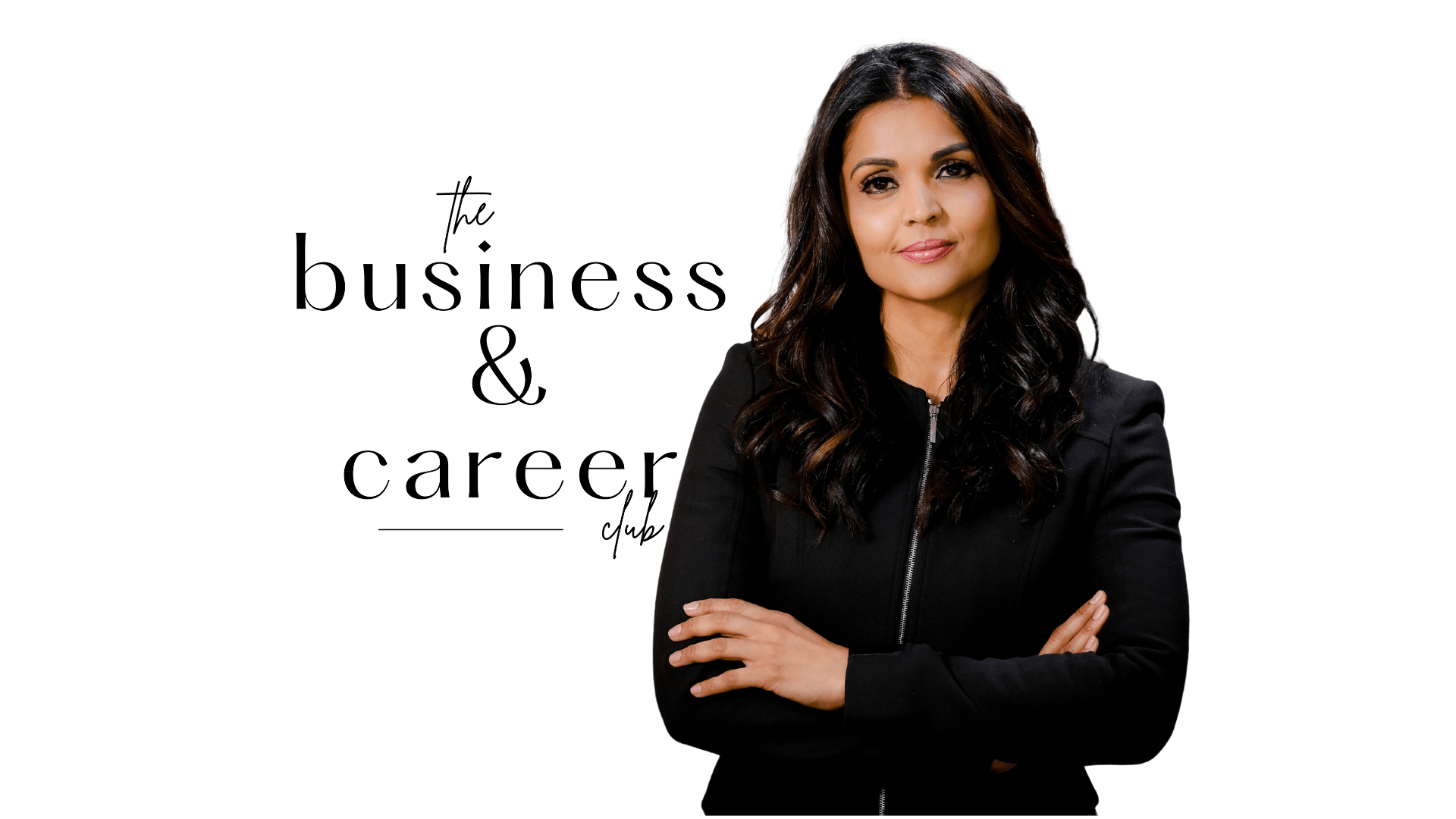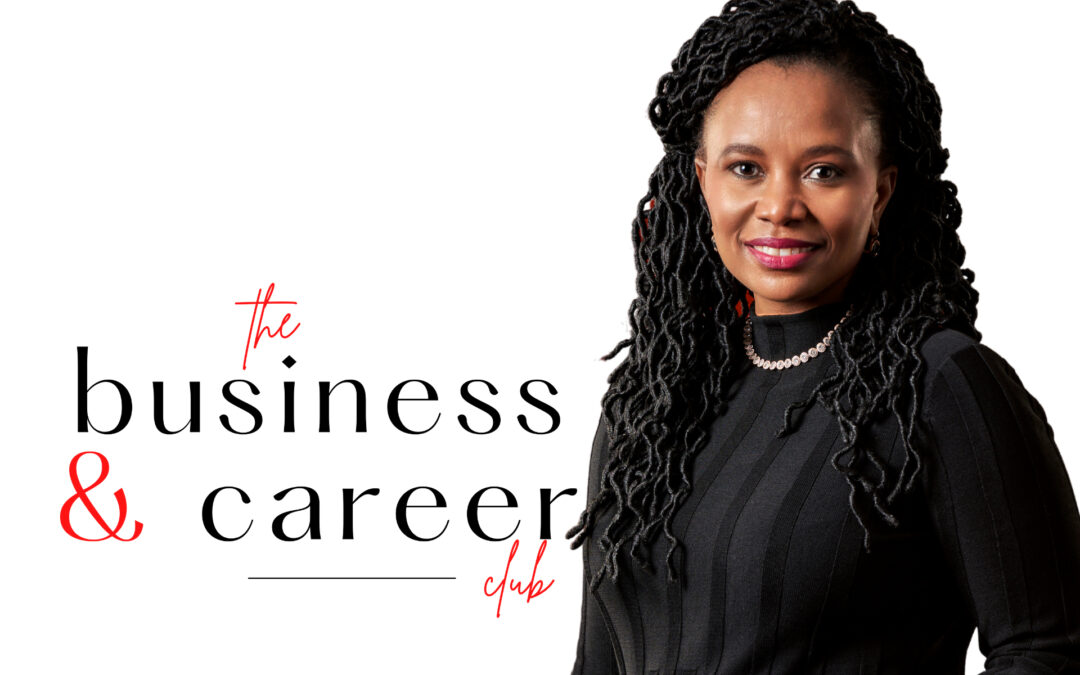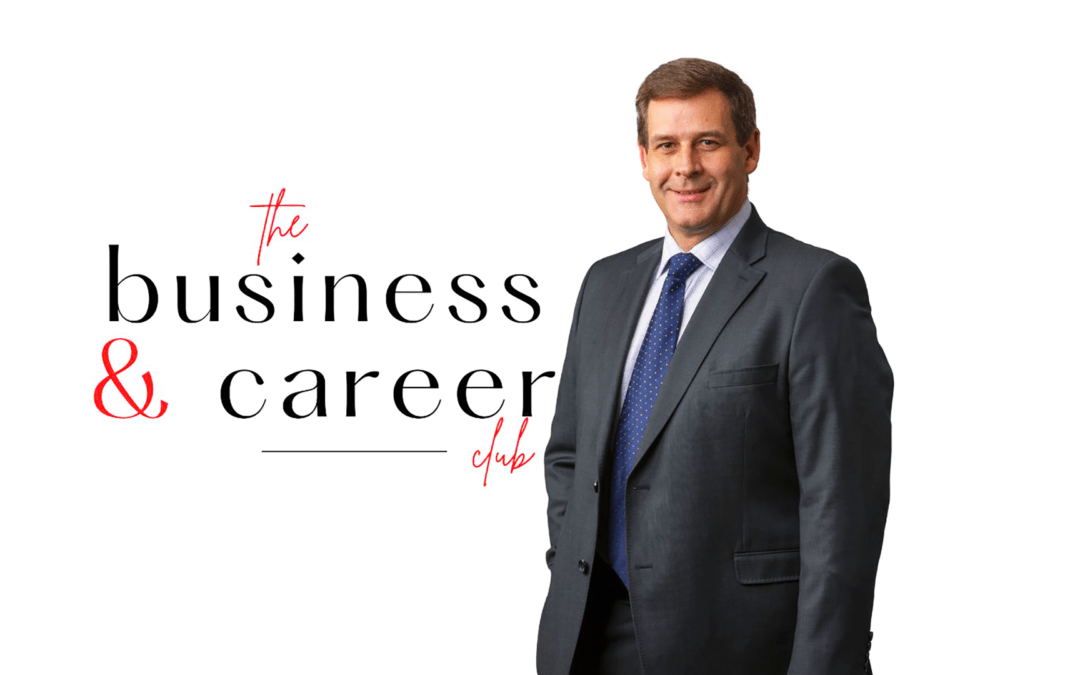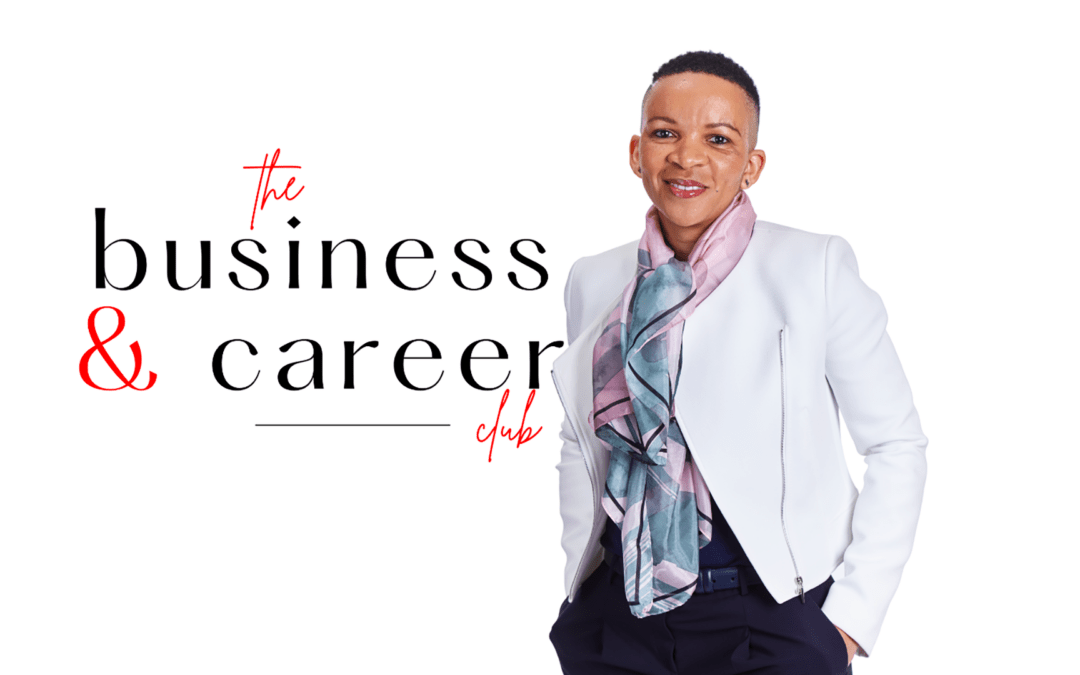Strong values and a true focus on people are key driving forces for Aarti Takoordeen, the CFO of listed group AECI.
‘Strategy is set through your purpose as an organisation,’ Aarti says. ‘If your purpose is centred around upliftment of the society within which you operate, I think profits will follow naturally. It is also important that your strategy is informed by positive guiding principles such as transparency, ethics and integrity.’
Strategies fail when lip service is paid to the values that are meant to facilitate their execution. According to Aarti, this is usually due to poor leadership that does not place emphasis on the governance of the positive principles that are documented within their strategy documents.
‘Another problem is a lack of responsiveness, and this has a lot to do with paying attention to your operating environment. Many large organisations have not been exhibiting this responsiveness to society over the years, but I think we are seeing a genuine effort to transform companies into a force for good as employers and leaders recognise the benefits thereof.’
Strategies also fail when leaders struggle to shift gears when they have to. It is essential to have ‘ambidexterity in that you are strong in the delivery on the hardcore objectives while at the same time having a view of where the rest of the pack is headed,’ Aarti says. ‘At the JSE, we do not rate managers highly if they shoot the lights out but leave behind team members in their wake.’
She has learnt how important it is for an organisation’s leadership to focus on employees’ professional growth, which is underpinned by their empowerment. This entails exposing individuals to various situations and to give them the autonomy to run things without being micromanaged.
‘I do not run my team in a hierarchical way,’ she states. ‘We build deep relationships and connections in the team all the way down to the most junior person. My approach is development friendly. I am not an unrelatable or untouchable leader, I take a keen interest in the individual stories of every team member.’
At the JSE, Aarti took the time to connect one-on-one with each of her 25-member finance team at least twice a year. She had weekly meetings with those who report directly to her and meets with the whole team at least once a month.
Her focus on building real relationships has helped her and the team through the challenging times brought on by the COVID-19 pandemic which claimed the lives two of her team members. ‘I appreciate the importance of a human connection and so does the entire company leadership. The JSE availed counselling and brought in a guest speaker to speak to the team about grief in a town hall session.’
She believes it is important to acknowledge the importance of the healing process. If people are not allowed enough time to work through their grief, it can easily lead to post-traumatic stress. Aarti herself had to deal with a great loss when her husband passed away in 2020.
When she noticed team members who were taking strain due to the passing of a colleague, she would regularly check in with them on WhatsApp and connect with them telephonically. Often, she would reach out to them on a Sunday when they could talk away from the rigours of the working week. Her personal assistant remains under instruction to prioritise any requests from her team for one-on-one catch-up appointments.
Advice
Looking back, Aarti wishes she had extended her people-focus beyond the individuals she works with. Today she knows it is also important to develop deep connections with people both at work and in your private life. ‘The full circle of life means that the people you encounter are likely to come back into your life at some point later and therefore how you treat them today has a direct impact on your future.’
Aarti encourages young professionals to continually strive to be the best version of themselves. To achieve that, you should establish what your value system is at the start of your career, and it should guide you throughout. Young professionals should hold themselves to account in both their words and their actions.
When recruiting and promoting employees, Aarti places a bigger premium on attitude than on academics. ‘You can teach people technical information, but you cannot really teach a constructive attitude.’
She also admires individuals who exhibit resilience and courage. However, ambition should be combined with a good dose of empathy to avoid individuals bulldozing their way through an organisation. It doesn’t help if you can get the job done but you lack in the softer metrics.
As a young woman of Indian ethnicity, Aarti has experienced bias around her age, her religion, her race and her gender. However, she has decided not to waste too much time or energy on such incidents. ‘I play my own game and put my head down to deliver. The solution for discrimination is to prove your competence.’
That said, she did take the transformation battle at the JSE to heart as this had repercussions for others in the organisation. It was an emotional struggle because she believes as a country, we should have made greater progress in this regard than we have.
‘Early on when I joined the institution, there were certain inflection points when, as leaders, we had to stop a meeting to question whether or not we are treating people equally. It is important in my view to have the courage to call out bias. It is an energy-sapping exercise because these are difficult conversations that have the potential to drive you to tears, but you need to have them because that is the only way you will effect change.’
The job of Finance Director can be quite stressful and Aarti is thankful that the JSE is a fitness focussed organisation. She runs and does yoga with people who work at the institution and meditation sessions are scheduled in everyone’s diaries. ‘It is important to find ways to relieve ourselves of the pressures of the organisation. No two days are the same here; one day the systems could be down and, on another day, a downgrade announcement can cause an adverse reaction on the exchange.’
When it comes to managing a crisis, Aarti has solid advice: don’t panic! This only leads to decisions that have not been thought through properly. One should be calm enough to step back and think about different options and possible consequences they could have.
‘I read about a CEO who sent a note to the organisation when a crisis hit,’ Aarti says. ‘It was a very well written memo drafted spontaneously, but the CEO did not consider the fact that the email could be forwarded to people outside the organisation and have far reaching consequences for the company. It resulted in a colossal tumble of the company’s share price that the company is yet to recover from. I therefore think it is important to always test your thinking with others around the table and thereby uncover ideas that you may not have thought about.’
In a crisis, it is so easy to give in to the flight or fight response that will usually make you want to fix the problem as quickly as possible. Rather than running, Aarti advises, rather stand still for a moment and think before you act. This has been a difficult lesson to learn even for her, because by her own admission, she has the kind of personality that seeks to get control back as quickly as possible when a crisis strikes.
In her private time, Aarti loves to read either fiction or non-fiction. For leadership and management lessons, she recommends The Ride of a Lifetime – Lessons learnt from 15 years as CEO of the Walt Disney Company by Robert Iger.
‘Becoming by Michelle Obama is another book I really enjoyed. It is ‘a bit slow’ but she has a nice, gentle and political way of getting her point across. I could relate a lot to her story, including how she grew up, how she started in the workplace and how she was judged. Like her, I experienced the impostor syndrome, as well as the pressure of wanting and needing to be better in the eyes of your community.’
At forty, the once disadvantaged girl from Ladysmith has already achieved so much. One suspects that, like the life story of Michelle Obama, the remarkable journey of the determined Aarti Takoordeen will entail continued growth, many surprises and great achievements.
This article is an extract from the Masters of Money book by KC Rottok Chesaina (JONATHAN BALL PUBLISHERS)










